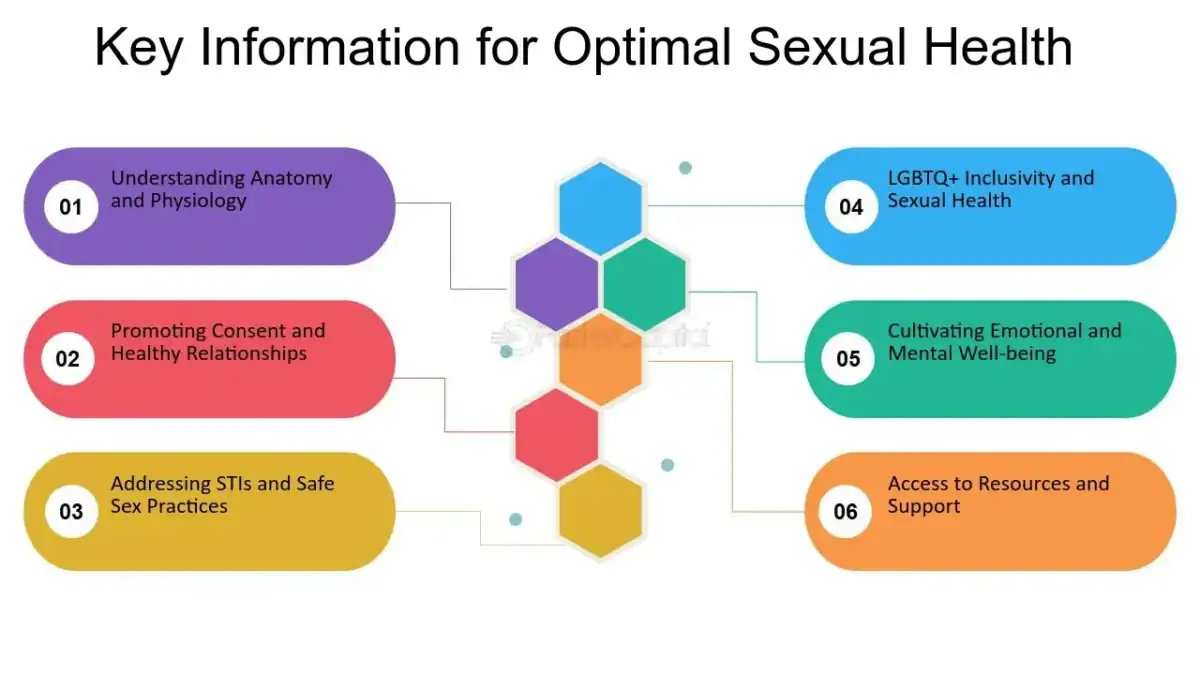By Amaya Dennis
When many people think of sexual health, Planned Parenthood comes to mind. This association is reasonable because, according to their website, Planned Parenthood is “the nation’s leading provider and advocate of high-quality, affordable sexual and reproductive health care for all people.” However, when some hear the name Planned Parenthood, they might immediately think of one thing: abortions. Although abortions are important services offered at Planned Parenthood, the organization also specializes in testing for and treating sexually transmitted infections, mammograms, and Pap tests. All of these services are critical, but the creation of Planned Parenthood actually began with contraceptives.
The History of Planned Parenthood
The first Planned Parenthood opened in 1916 in Brownsville, New York, as a birth control clinic, the first of its kind. Nine days after its inception, it was raided and shut down by the police. All three founders were charged with circulating obscene materials, as birth control education was considered at the time. Planned Parenthood did not begin offering abortions until the 1970s, upon the legalization of the procedure. Since the 1970s, Planned Parenthood has offered all of these services. However, recent legislation may pan out in a way that prevents many of these services from being given. If enacted, these legal changes may negatively affect not only Planned Parenthood clinics, but any of the 4,079 sexual health clinics nationwide, as reported by the National Institute of Health.
Current State of Sexual Health Clinics
The Defund Planned Parenthood Act of 2025 was introduced in January and includes plans to restrict funding to Planned Parenthood Federation of America Inc. and its affiliates for one year if they do not certify that they will not perform abortions for that year, except for rape, incest, and physical necessity. Other sexual health centers would receive additional funding, but would still be restricted in the resources they may offer.
Though this Act has not been enacted, sexual health clinics have been affected in other ways. Early in July, the Midtown Planned Parenthood closed, citing “[ongoing] attacks from the Trump administration.” Without funding from the National Family Planning Program, the center was forced to close its doors, effective immediately. Patients have been referred to far away locations on the outskirts of Cleveland. Some locations are as far away as a 40-minute drive, and an hour and a half away on public transportation.
What’s to Come?
The Midtown location was just one of three local Planned Parenthoods to permanently close. Many that are still open have disclaimers on Google that say they may not be able to provide abortions. In the future, these clinics may also face closures or restricted funding if they provide abortions again. In general, these legal changes have led to negative effects on those seeking reproductive care and working in the reproductive care industry. The community must remain knowledgeable about these changes, as there may be important updates soon.





